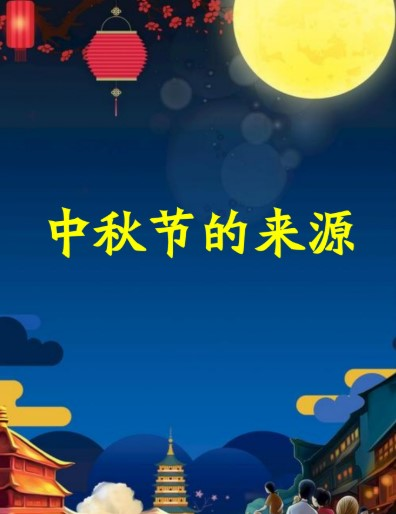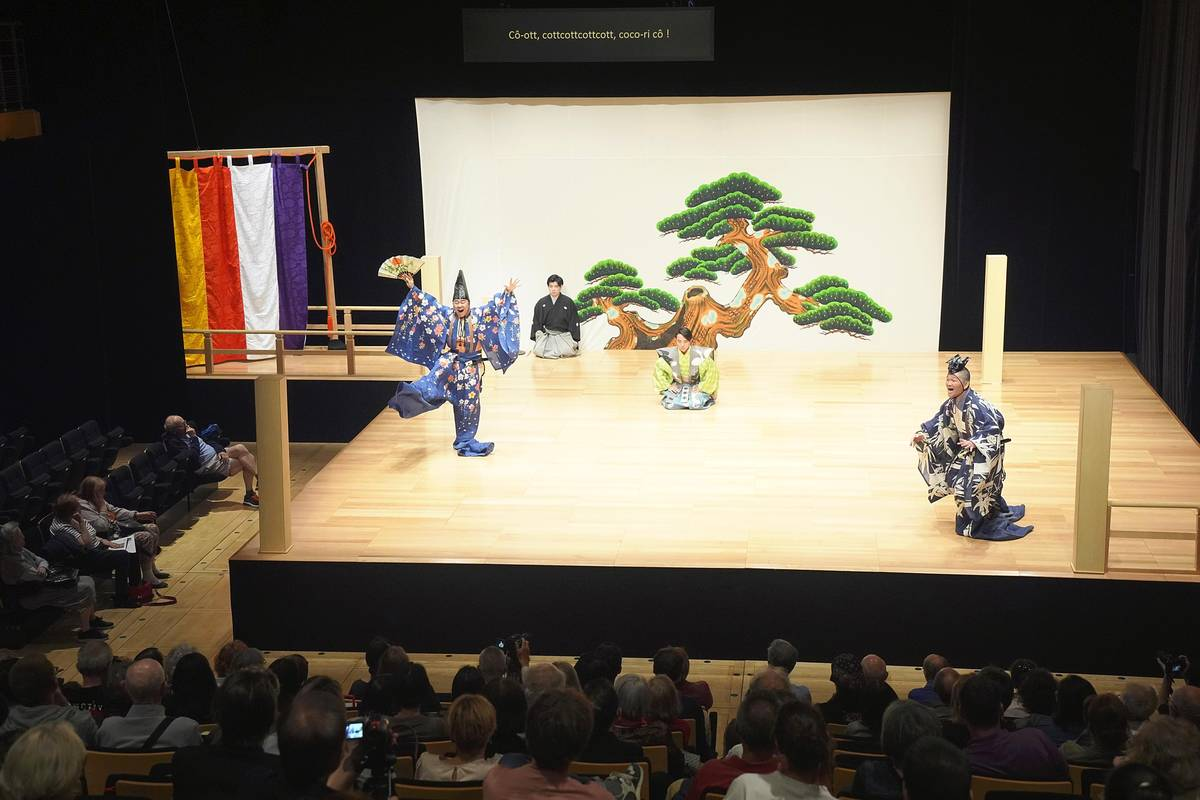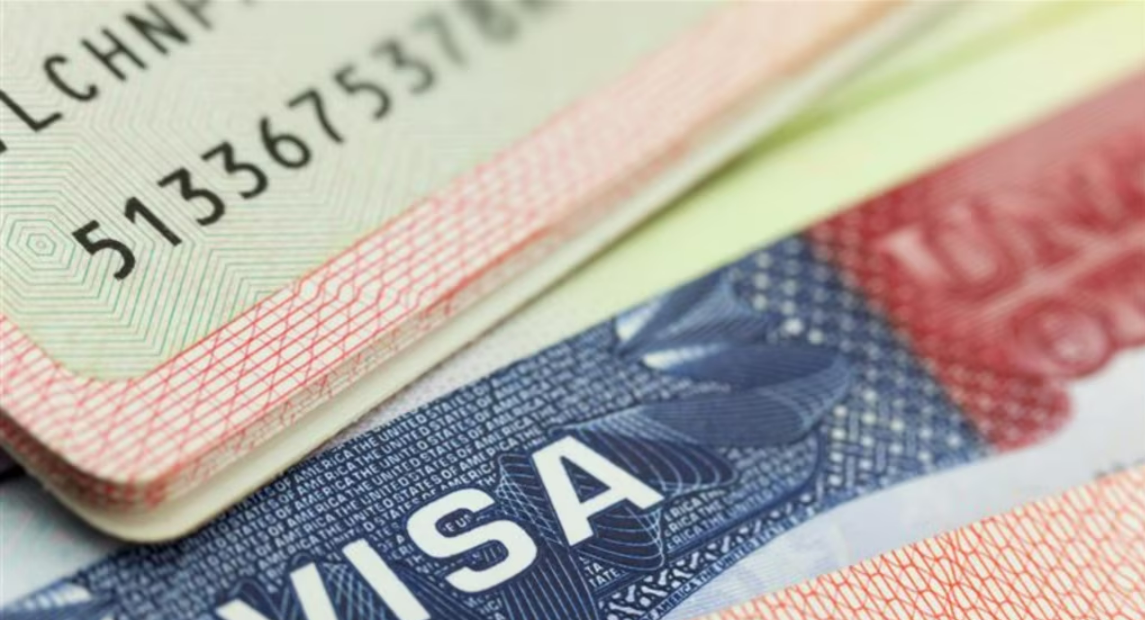
The Mid-Autumn Festival has a long history. Like other traditional festivals, it has evolved over time. Ancient emperors had a ritual of offering sacrifices to the sun in spring and to the moon in autumn. The word “Mid-Autumn” was already recorded in the book “Zhou Li”. Later, nobles and scholars followed suit. During the Mid-Autumn Festival, they would admire and worship the bright and round moon in the sky, expressing their feelings. This custom spread to the people and became a traditional activity. Until the Tang Dynasty, this custom of offering sacrifices to the moon became more and more important.The Mid-Autumn Festival was not officially celebrated until the Tang Dynasty. The “Book of Tang: Records of Emperor Taizong” records the festival as occurring on the 15th day of the eighth month. This festival flourished during the Song Dynasty, and by the Ming and Qing dynasties, it had become as famous as New Year’s Day and one of my country’s major festivals. The festival is rich in legends, with stories like Chang’e flying to the moon, Wu Gang cutting down the cassia tree, and the Jade Rabbit pounding medicine widely circulated.
Mid-Autumn Festival Legend: Chang’e Flies to the Moon
According to legend, in ancient times, ten suns appeared simultaneously in the sky, scorching crops and leaving the people destitute. A hero named Houyi, possessed of immense strength, sympathized with the suffering people. He climbed to the top of Mount Kunlun, summoned his divine strength, drew his bow, and shot down nine suns in a single stroke. He then strictly ordered the last sun to rise and set on its appointed time, bringing blessings to the people.
Houyi earned the respect and love of the people. He married a beautiful and kind wife named Chang’e. Besides teaching his skills and hunting, Houyi spent his days with his wife, and people envied this loving couple, both talented and beautiful.
Many aspiring men came to learn from him, including the treacherous Peng Meng.
One day, Hou Yi visited Kunlun Mountain to visit friends and seek the truth. He happened to encounter the Queen Mother of the West passing by and asked her for an elixir of immortality. It was said that taking this elixir would instantly grant immortality. However, Hou Yi was reluctant to leave his wife behind, so he temporarily gave the elixir to Chang’e for safekeeping. Chang’e hid the elixir in a treasure chest on her dressing table, but the wicked Peng Meng saw it and planned to steal it to attain immortality himself.
Three days later, Houyi led his followers out hunting. Peng Meng, harboring ulterior motives, feigned illness and remained behind. Shortly after Houyi and his men had departed, Peng Meng, sword in hand, burst into the inner courtyard and demanded the elixir of immortality from Chang’e. Knowing she was no match for Peng Meng, Chang’e acted decisively, opening her treasure chest, taking out the elixir and swallowing it in one gulp. Immediately after swallowing the elixir, Chang’e levitated from the ground, bursting through the window and soaring into the sky. Worried about her husband, Chang’e landed on the moon, closest to Earth, and became an immortal.
In the evening, Houyi returned home. The maids wept and told him what had happened that day. Shocked and enraged, Houyi drew his sword to kill the villains, but Pengmeng had already escaped. Furious, Houyi beat his chest and stamped his feet. Overwhelmed with grief, he gazed up at the night sky and called out for his beloved wife. He was surprised to find that the moon was exceptionally bright and clear, and a figure swaying in the distance resembled Chang’e. He desperately chased after the moon, but every three steps he took, the moon retreated; every three steps he took back, the moon advanced. No matter what he did, he could not catch up.
Hou Yi, helpless and yearning for his wife, sent people to Chang’e’s beloved back garden to set up an incense table and place her favorite honey and fresh fruits on it, offering a remote sacrifice to Chang’e, who yearned for him from the Moon Palace. Upon hearing the news that Chang’e had ascended to the moon and become an immortal, the people set up incense tables beneath the moon and prayed to the kind-hearted Chang’e for good fortune and peace.
From then on, the custom of worshipping the moon during the Mid-Autumn Festival spread among the people.






